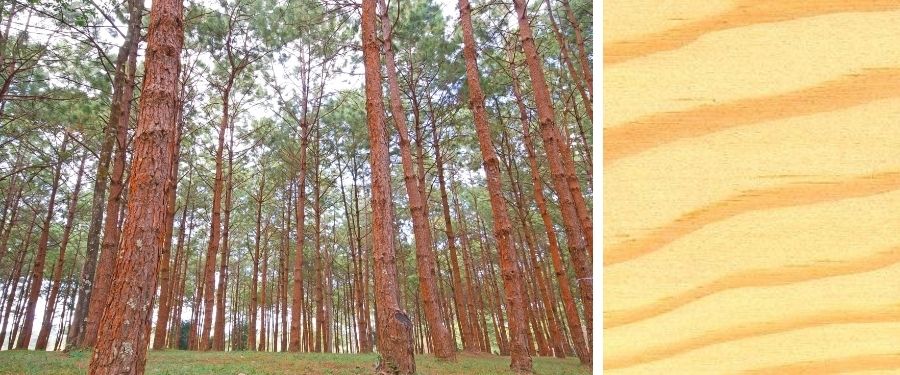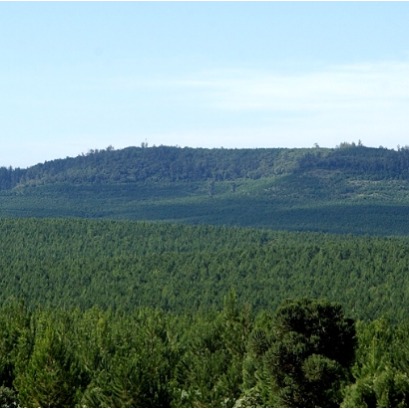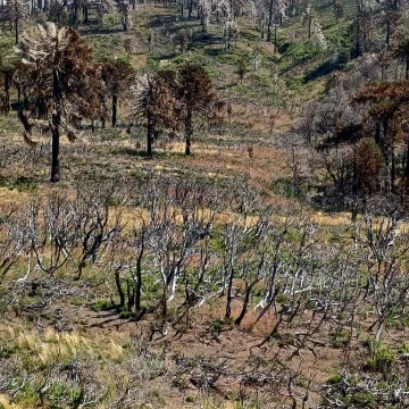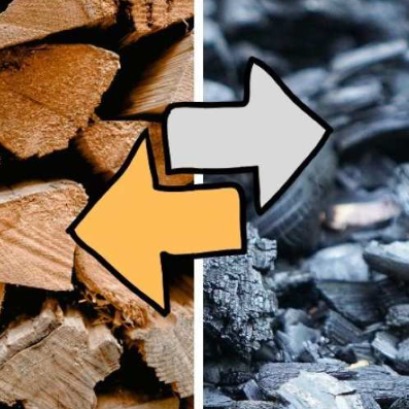
The abundance of pine wood is due in large part to the number of pine species that exist. In this article, we will learn about the characteristics, properties and uses of yellow pine wood, a species native to the southwestern United States.
This species of pine receives the scientific name Pinus Taeda, although we can commonly find it under the name of southern yellow pine, melis pine or Rosemary pine for its distinctive fragrance. These trees are around 30-35 meters tall and normally grow in low humidity environments.
It is considered a fast-growing tree, which is why it is a species that has spread especially in reforestation, as in the case of Argentina.
One of the most striking features is the color of its wood. Yellow pine wood is characterized by its yellowish white sapwood and reddish-brown heartwood.
We can consider it as a stable, soft and semi-light wood. Yellow pine wood is classified as moderately durable against the action of fungi and insects.
When it comes to workability, no problem is found. Sawing, drying, brushing, nailing and finishing is easy, although it should be noted that it is a wood with a lot of resin which can make the finish a little more complicated.
We can find yellow pine wood in indoor furniture; in interior carpentry such as doors, windows, cladding, stairs, friezes; in the form of sheets for decorative coatings and plywood and in carpentry to assemble and in naval constructions as masts. This wood is also highly commercialized for the manufacture of paper pulp and Kraft paper.

IT MAY INTEREST YOU
 Free seminar on the implementation of the European EUDR regulation on deforestation-free wood products
Free seminar on the implementation of the European EUDR regulation on deforestation-free wood products
The Argentine Forestry Association (AFoA) organizes the seminar «EUDR in Forest Products: Current status of implementation. Regulatory requirements and private experiences", which will take place on Wednesday, November 26, from 11:00 a.m. to 12:00 p.m., via Zoom, with live streaming on YouTube. The European Regulation on Deforestation-Free Products (EUDR) will enter into force on December 31, 2025 and will impose new requirements for forest products entering the European Union market.
 Specialists from 10 provinces develop forest landscape restoration strategies throughout the country
Specialists from 10 provinces develop forest landscape restoration strategies throughout the country
The program is developed by researchers from INTA, Conicet and the Argentine Wildlife Foundation.
 Canadian researchers make biochar from wood waste that rivals steel in strength
Canadian researchers make biochar from wood waste that rivals steel in strength
Researchers at the University of Toronto have developed monolithic biochar from wood that can reach an axial hardness of up to 2.25 GPa, similar to mild steel.






















